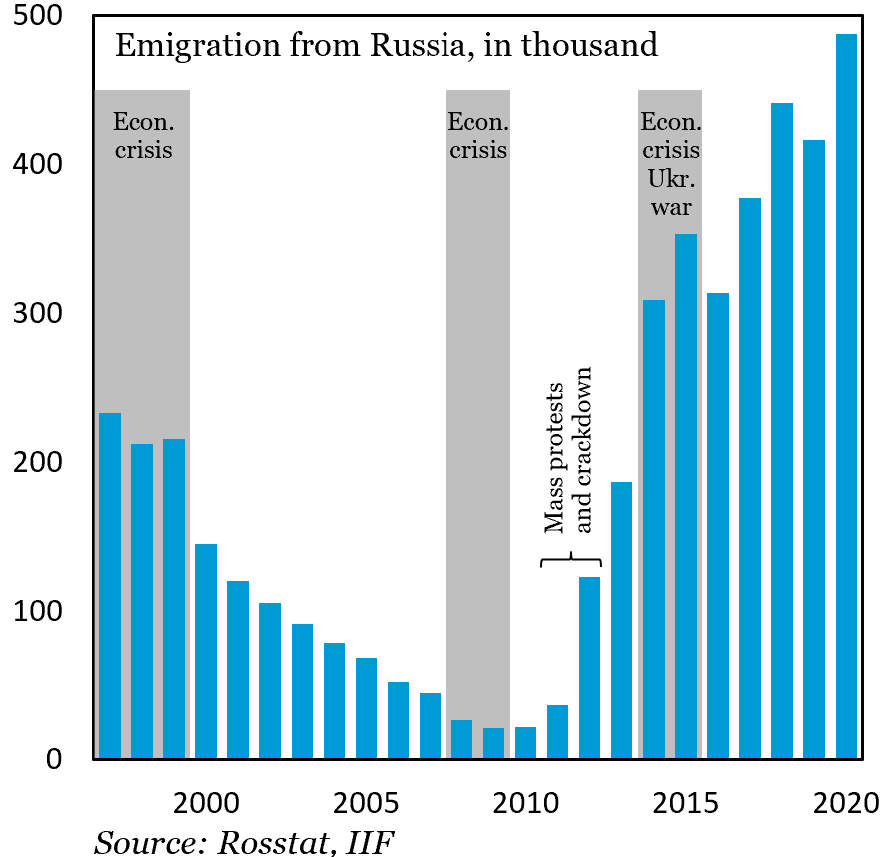No fatigue

Lithuania Tech Weekly #63
Subscribe at philomaths.tech
Sponsors click here
Searching for a co-founder? just reply.
work in progress
Ukraine. The ingenuity of entrepreneurs: Ragnar collects trucks in Estonia, Aerones (Latvia) donates power generators, Pusku Pusku learned how to produce bulletproof vests. Paysera brings beds to the office, to host refugee families. Someone orders "Z" t-shirt online, and surely received something meaningful. Memby organises online classes for Ukrainian children. Also - nice landing page for gamedev people moving to LT (and summary on why Vilnius by Sergei).
Fintech. DeepFin signed a partnership with Wolt, to help their couriers. Tipit joins SWG B2B Tallinn batch. SME Finance grows revenue to EUR 14m (in LT). Jekaterina Govina raises a red flag, counting 2 crypto exchanges registered in LT..a day (now more than 70). Estonian Fundvest to launch in LT. Top European fintechs by Sifted.
Growth. FT1000 reports: Kilo Health is the second-fastest growing European company - following these 3 principles. Billo is getting an office in Vilnius. Bored Panda in on a hiring spree.
Calendar. TechZity event on the upcoming space - Lilium (April 7th). Sifted goes Tallinn - event on 3rd of May.
rounds and capital
- Realthy.io, launched by FullReach, expanded to the US with an additional USD 500k raised. It's a marketing platform that provides real estate professionals extra income.
- Elinta group is getting EUR 3.72 m loan from SEB. Moving to new premises where Elinta Motors will expand their powertrain production. Also making teleportation machines on the side...
- 4th birthday of LitBAN and EUR 1m donated for Ukraine - thank you.
- Only-in-Estonia: Glia raises $45M in Series D funding, making it yet another unicorn (counted as 10th). What is next for Tallinn - a law prohibiting non-unicorn startups?
- Sequoia launched an accelerator for European founders
blog posts
Finding Angel Investors in Lithuania
5 Questions With the editor of Tech Philomaths
founder guide
- The downside of crowdfunded startups - lots of public pressure, close scrutiny and harsh media headlines. For Swedish Uniti that didn't go well.
- How OTB invests and why they like Baltics (Kevin. , Ondato) - TPOS podcast
- How to improve your job postings
roleplay
Memby - B2C Sales Manager
Ovoko - Product Owner
PV Case - Technical Sales Manager
insights
- Monocle is having 15-year anniversary. A podcast interview with Tyler Brule (also former editor of Wallpaper) on that fascinating journey, including raising funds for a printed magazine in 2007 and saying no to social media.
- Why we stopped making Einsteins
- Recall Evergreen? It was a stressful, but profitable year
ecosystem
- Brand update - vienaragiai is now Unicorns Lithuania, with a new web look and integrated job board - check it out!
- Happyness and Lithuanians - good text (in LT) from Agne Paliokaite.
- Much talk lately in Lithuanian bubbe on immigration from Russia / Belarus, especially targeting people in tech. While in theory talent attraction is the way to go (multiple studies confirm, not to mention these huge historical comparisons), concerns are also there. They are mostly around national security and a shared (or maybe not) worldview, as well as the principle of justice - who if not locals should stop these violent regimes?
It is tricky to get it right since we did not have a coherent strategy for talent attraction yet. Neither policies nor institions are not exactly ready to navigate in this fast-changing scene. Consider that in Russia's case, large numbers of talent have been leaving for years now.

Member discussion